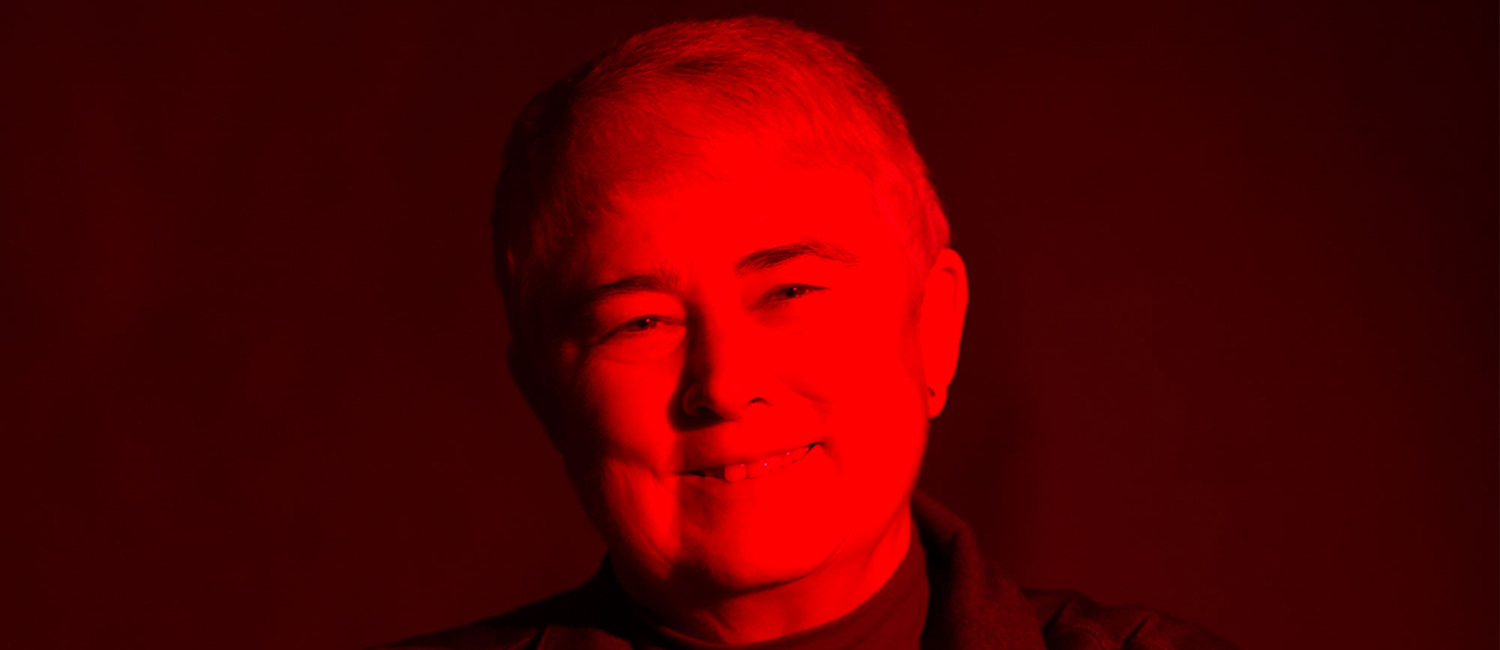
‘Light’ approach to healing wounds moves closer to market
It’s not unusual for patients with spinal cord injuries to develop pressure ulcers from sitting long periods in wheelchairs. Because the patients cannot feel them, the sores become severe by the time they are noticed.
Chronic wounds, which include diabetic ulcers, resist healing, and many end up having to be closed surgically.
Janis Eells has found a noninvasive treatment that speeds the healing process significantly without drugs or pain: light.
In studies with patients who have spinal cord injuries at the Clement J. Zablocki VA Medical Center, Eells and her research partners have shown that a certain treatment regimen using far-red light healed wounds 2 1/2 times more rapidly than the standard therapy, which amounts to keeping the ulcers clean and dry.
“This is remarkable improvement,” said Eells, a professor of biomedical sciences in the College of Health Sciences. “It is far better than anything else available.”
The light treatment currently is approved by the FDA to treat only bruises and sprains. But Eells is so confident that the therapy works, the professor of biomedical sciences used it on her own mother to heal a small pressure ulcer that developed during hospice care.
“Her sore was only about the size of a dime,” Eells said. “But the wounds we’ve treated at the VA hospital were frighteningly large, and we saw similarly successful results.”
With promising results on real patients, Eells and Elizabeth Liedhegner, a research associate in the College of Health Sciences, enrolled in UW-Milwaukee’s I-Corps program to learn how to bring the therapy to market, where it ultimately would be available to patients.
The strategic interview techniques Eells and Liedhegner learned in the program helped them hone in on the right customer base. In fact, after deciding to focus on wound healing at nursing homes and in clinics, the pair realized they were approaching the wrong people.
“We had been contacting doctors, when wound clinics, which are all over the city, are primarily managed by nurses and nurse practitioners,” Eells said.
The skills taught in I-Corps, she said, will help her as she pursues other opportunities, such as landing a TEDMED speaker’s slot, a goal she has been working on for years. Eells, who has worked on grants with private companies before, also has become intrigued with medical startups.
“I’m a bench scientist. If I’m selling myself as a scientific advisory board member to a company, I’d like to be able to understand how these entrepreneurs think,” she said. “I wanted to figure out what questions they would ask and why they ask them.”
___
Read the full 2016 UW-Milwaukee Research Report.